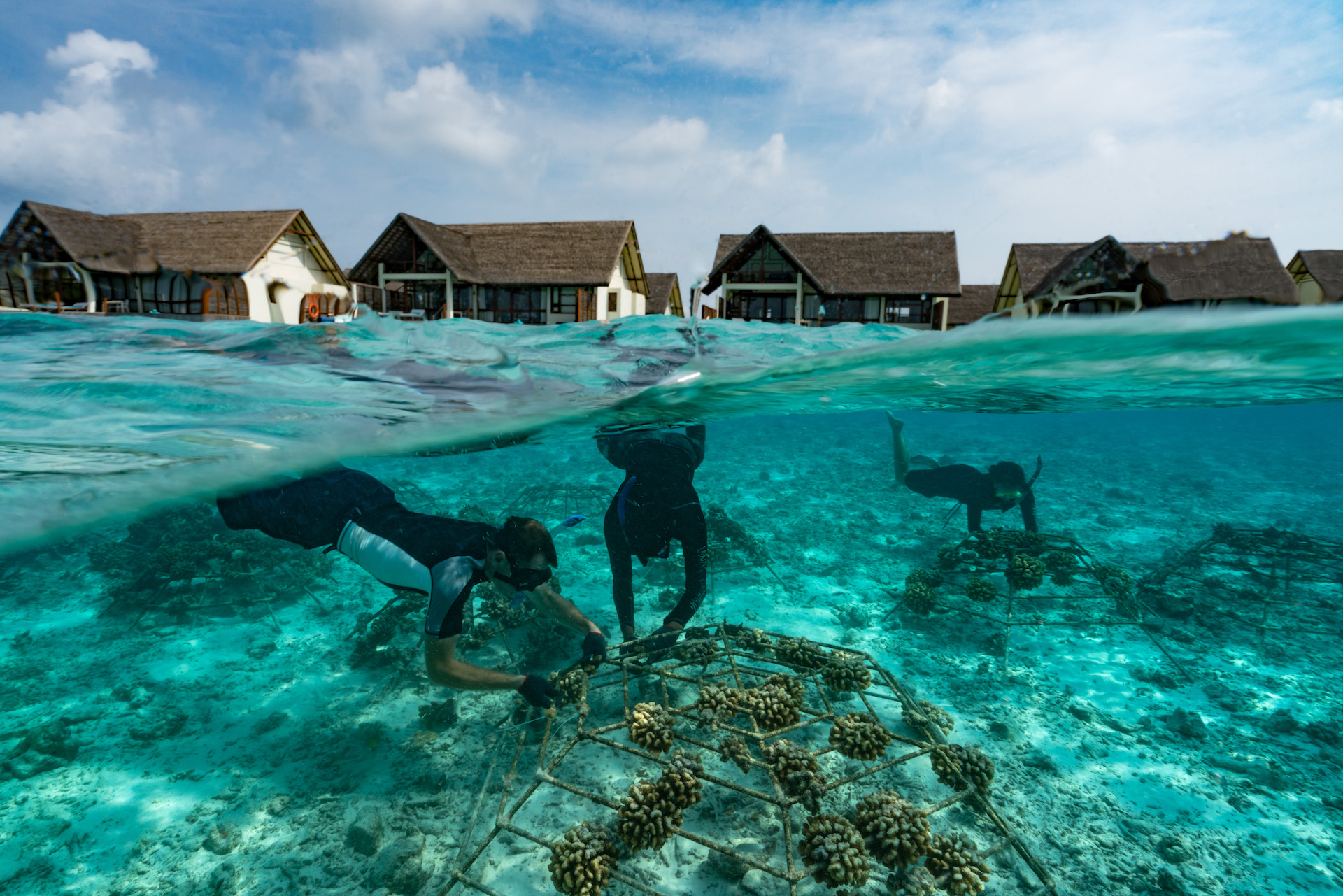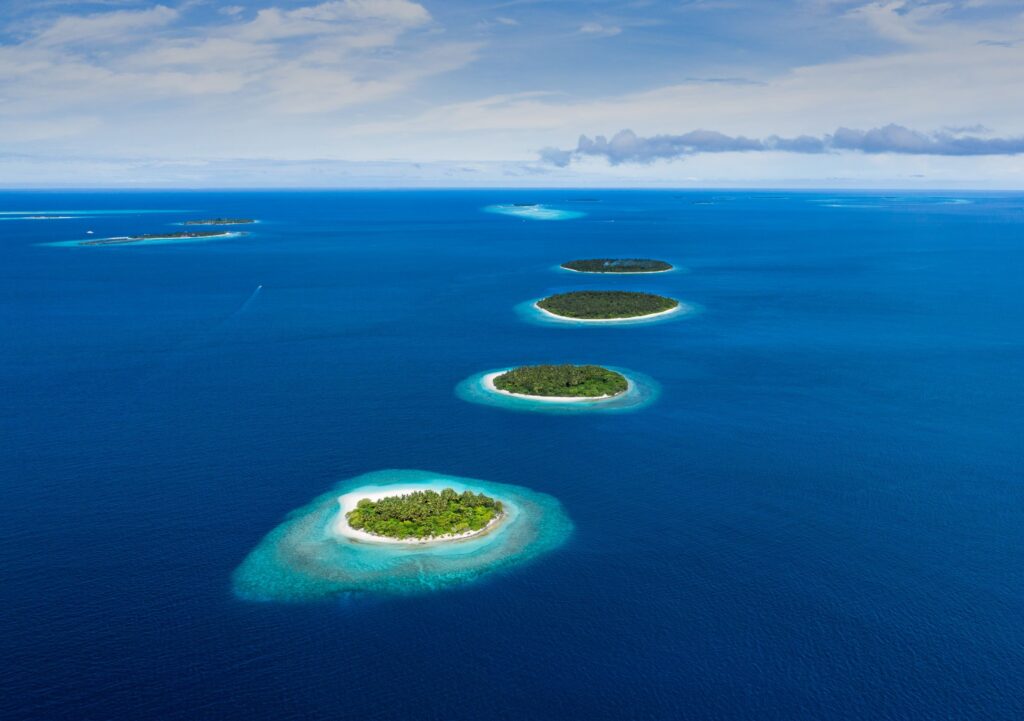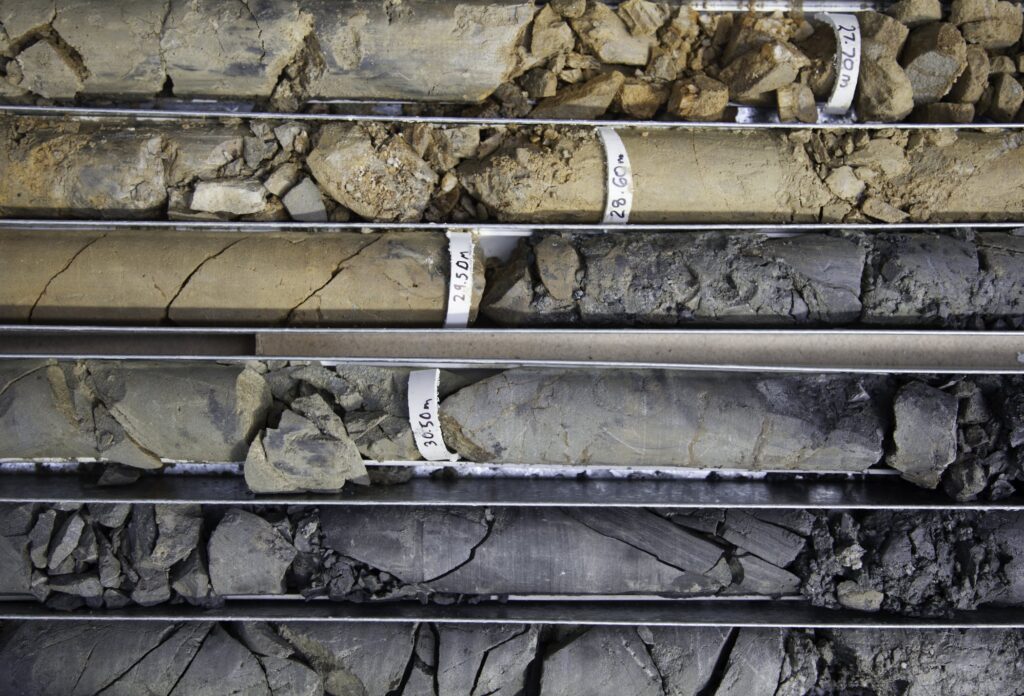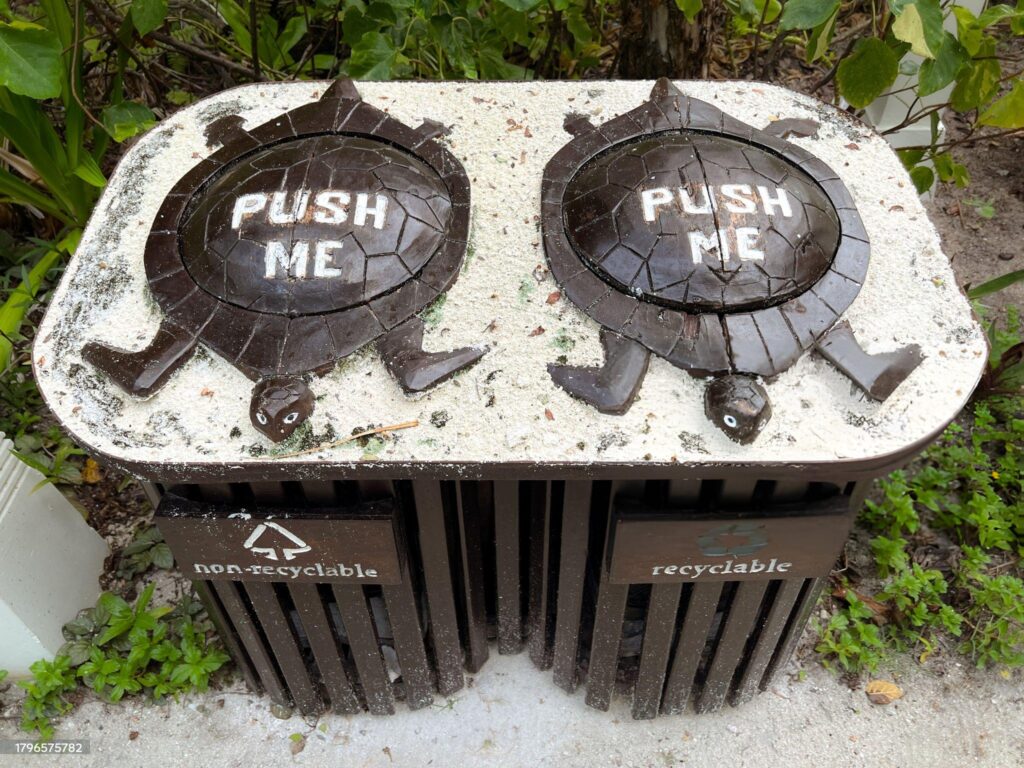The future of the Maldives is inextricably linked to the health of its fragile ecosystem. Rising sea levels, coral bleaching, and changes in weather patterns threaten the very foundation of these islands. Additionally, tourism, while being a vital source of income, can inadvertently put a strain on resources and contribute to environmental degradation.
Embracing sustainable practices is no longer an option; it’s a necessity for the Maldives to thrive. Here, we explore some key areas where sustainable practices can be implemented for the benefit of our islands:
1. Protecting Marine Biodiversity:
- Marine Protected Areas (MPAs): Establishing and effectively managing MPAs helps safeguard critical habitats for marine life, including coral reefs, mangroves, and seagrasses. These areas allow fish populations to replenish and contribute to the overall health of the ecosystem.
- Sustainable Fishing Practices: Encouraging responsible fishing methods like pole-and-line fishing, which is already widely practiced in the Maldives, helps maintain healthy fish stocks and minimizes bycatch.
- Coral Reef Restoration: Implementing coral reef restoration initiatives, both through active interventions like coral nurseries and promoting natural regeneration, is crucial to restoring the health of these vital ecosystems.
2. Embracing Renewable Energy:
- Solar Power: The Maldives’ abundant sunshine presents a perfect opportunity to harness solar energy. Investing in solar panels for resorts, homes, and public buildings can significantly reduce dependence on fossil fuels and decrease greenhouse gas emissions.
- Ocean Energy: Exploring options like wave, tidal, and ocean thermal energy conversion (OTEC) can further diversify the renewable energy mix and ensure a sustainable energy future for the islands.
3. Sustainable Construction and Waste Management:
- Eco-friendly Construction Materials: Utilizing locally sourced, sustainable materials like bamboo and recycled elements in construction minimizes environmental impact and promotes resource efficiency.
- Waste Reduction and Recycling: Implementing effective waste management systems that prioritize reduction, reuse, and recycling is crucial to minimize landfill waste and conserve valuable resources.
- Composting: Promoting composting of organic waste at resorts and in communities reduces landfill burden and creates nutrient-rich compost for gardens and landscaping.
4. Responsible Tourism:
- Ecotourism: Promoting responsible tourism practices that focus on minimizing environmental impact and supporting local communities creates a sustainable model for tourism development.
- Education and Awareness: Educating tourists and residents alike about the importance of sustainable practices and responsible behavior can foster a sense of shared responsibility for environmental protection.
- Supporting Local Businesses: Encouraging tourists to patronize local businesses, restaurants, and handicrafts fosters economic benefits within the Maldivian community and reduces reliance on imported goods.
5. Empowering Communities:
- Community-based Conservation Initiatives: Engaging local communities in conservation efforts, such as mangrove restoration projects or coral reef monitoring programs, fosters a sense of ownership and empowers them to participate actively in protecting their environment.
- Knowledge Sharing and Capacity Building: Providing training and educational opportunities for local communities equips them with the knowledge and skills necessary to implement sustainable practices and contribute to environmentally sound development.
Embracing sustainable practices is not just about protecting the environment; it’s about securing the future of the Maldives. By adopting these strategies, we can ensure that our islands remain a haven of beauty and biodiversity for generations to come. We can continue to enjoy the benefits of tourism and economic development while preserving the very resources that make the Maldives a unique and irreplaceable paradise.
Together, we can build a sustainable future for our islands. The time to act is now.




